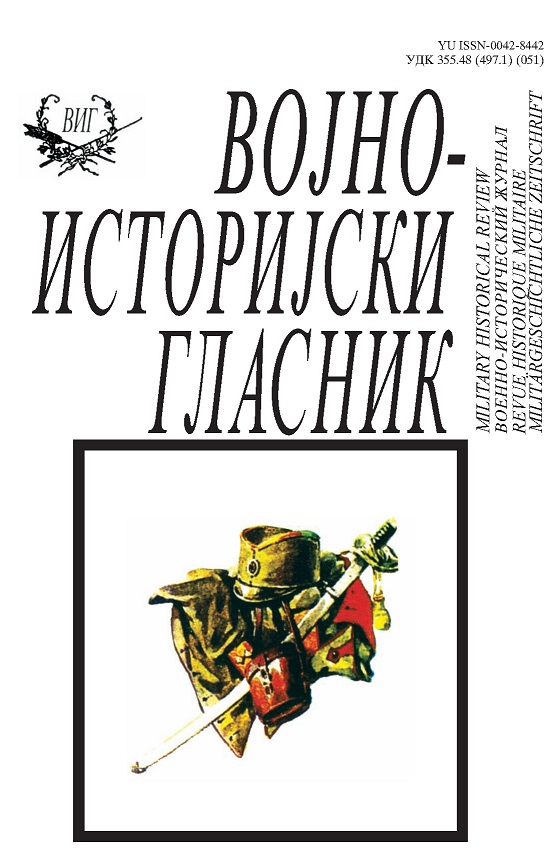Односи Југославије и Италије у контексту изручења ратних злочинаца након Другог светског рата
Yugoslavia's Relations with Italy in the Context of Extradition of War Criminals after the World War II
Author(s): Miljan MilkićSubject(s): Military history, Political history, International relations/trade, Criminology, WW II and following years (1940 - 1949), Post-War period (1950 - 1989)
Published by: Institut za strategijska istraživanja
Keywords: Yugoslavia; Italy; The Second World War; war criminals; domestic traitors; bilateral relations; extradition of war criminals;
Summary/Abstract: The issue of extradition of persons indicted for war crimes is one of the many issues that burdened the Yugoslav-Italian bilateral relations after the Second World War. The Italian government refused to accept the charges against its citizens for crimes committed during World War II, while seeking to resolve many issues in bilateral relations with Yugoslavia by their mutual conditioning. Allied military authorities in Italy played an important role in resolving the issue of extradition of war criminals from Italy. For refusing to establish diplomatic relations with Italy, the Yugoslav government was forced to exercise their rights through Anglo-American military representatives in Italy by the end of 1946. However, the Allied governments were sympathetic to their rescue and transfer from Italy to Spain, North and South America. The fact that not a single Italian accused of war crimes was extradited to Yugoslavia points to the failure of the Yugoslav diplomacy, but also to the complex international circumstances.
Journal: Vojnoistorijski glasnik
- Issue Year: 2012
- Issue No: 2
- Page Range: 110-142
- Page Count: 33
- Language: Serbian

